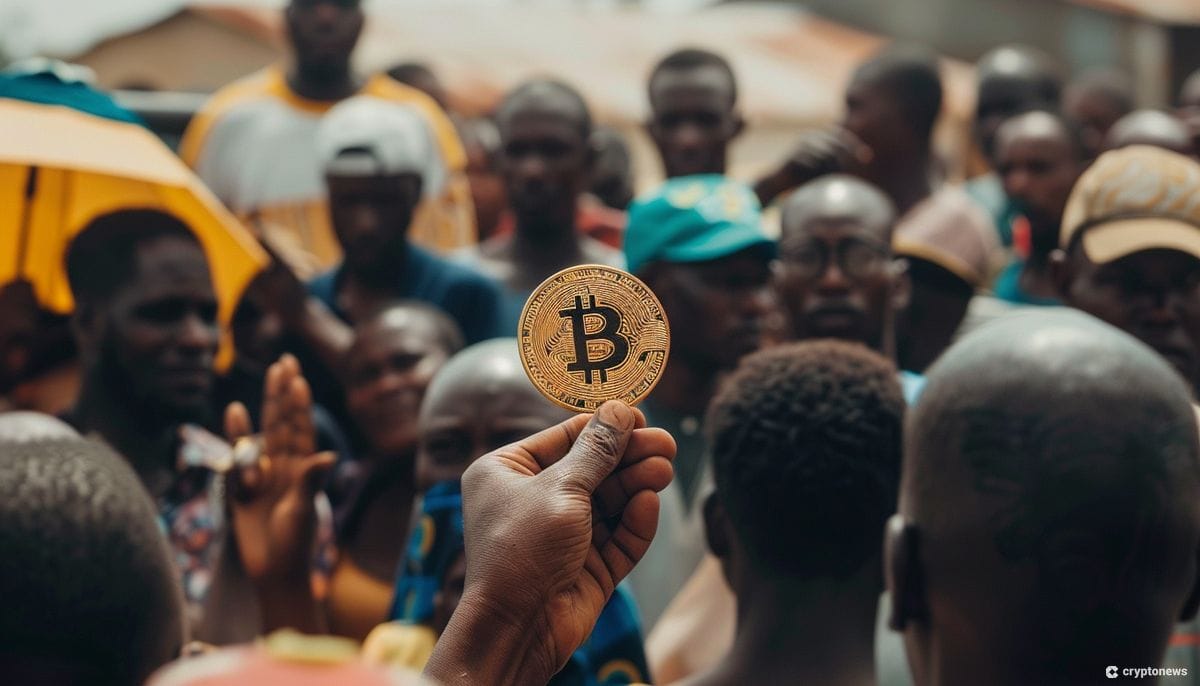Nigeria’s Crypto Crackdown Heats Up As Damning Details Emerge From Binance

Nigreria’s crackdown on the cryptocurrency landscape and continued detention of Tigran Gambaryan, an employee at the world’s largest crypto exchange, Binance, has drawn a comprehensive update on the ongoing saga from CEO Richard Teng who criticised the actions of the Nigerian authorities.
“To invite a company’s mid-level employees for collaborative policy meetings, only to detain them, has set a dangerous new precedent for all companies worldwide,” he writes in a blog published today.
“The message from the Nigerian government is clear: we must detain an innocent, mid-level employee, a former U.S. federal agent, and place him in a dangerous prison to control Binance,” he added.
Teng outlined the sequence of events dating back to 2022-2023 when Binance sought clarification from Nigeria’s Securities and Exchange Commission (SEC) on cryptocurrency regulations. Despite proactive engagement, warnings from the SEC in June 2023 led to the suspension of Binance’s solicitation activities in Nigeria.
Teng highlighted Binance’s efforts to support Nigeria’s digital assets industry, including law enforcement training conducted in November 2023. However, tensions escalated during a meeting in January 2024, where Nigerian authorities demanded the delisting of the naira and user data from Binance. This ultimately resulted in the detention of two Binance employees, Tigran Gambaryan and Nadeem Anjarwalla, of which the latter would later flee.
Despite Binance’s attempts to resolve the situation and assurances of cooperation, Tigran remains detained. As a result, Binance took the unprecedented step of turning off its peer-to-peer (P2P) product for Nigeria following the blocking of several crypto websites. Teng reiterated Binance’s commitment to cooperation with global regulators and called for Tigran’s release, emphasising the platform’s dedication to protecting users and fostering a positive relationship with Nigeria.
Additionally, Teng revealed the demands made by Nigerian authorities for a significant payment in cryptocurrency to settle allegations, which Binance declined, opting instead for transparent, official negotiations. Before his February visit and arrest, Gambaryan received a message in January that Binance should pay roughly USD 150 M in crypto within 48 hours, which he “understood as a request for a bribe from someone in the Nigerian government,” the New York Times reported today.
Nigeria’s hostile stance on the crypto industry has intensified in recent weeks. Nigerian fintech startups providing online-only banking services were recently compelled to caution customers against cryptocurrency trading, threatening account closures and reporting to authorities.
Moniepoint, a Lagos-based digital banking platform, announced it would shut down crypto trading accounts to comply with Central Bank of Nigeria (CBN) regulations, while OPay, amongst others, issued a similar warning. The Securities and Exchange Commission of Nigeria expressed concerns about crypto P2P trading’s impact on the naira and aims to delist it from trading platforms.
All these form parts of Nigeria’s efforts to regulate crypto trading, attributed to the weakening naira blamed on purported price manipulation on crypto P2P platforms. Despite initial indications of welcoming crypto trading, the CBN hasn’t issued licenses yet, hinting at a possible ban.
Featured Image Credits: Cryptonews